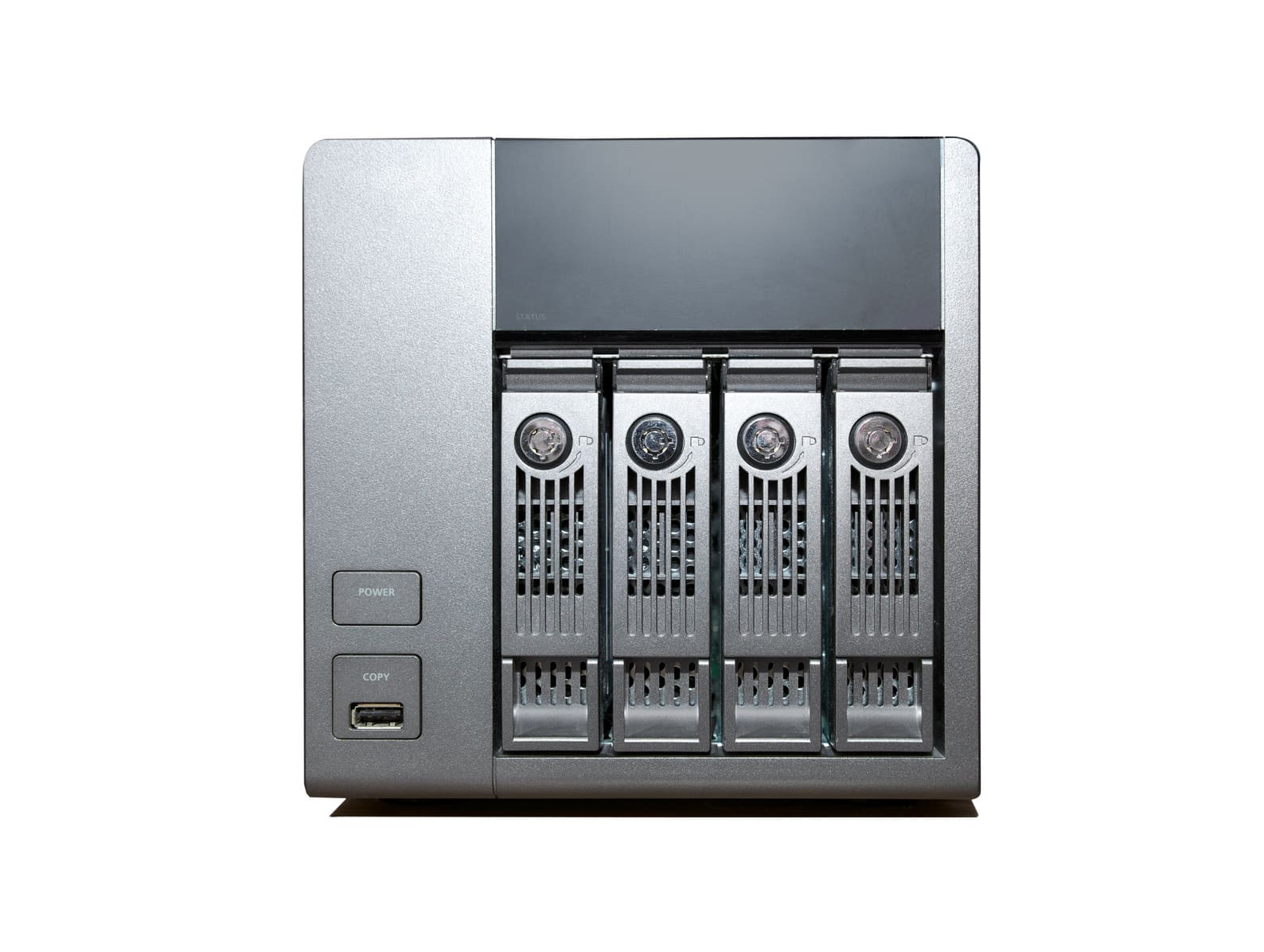Giving responsibility for your IT operations to a managed services provider is a big step, and you want to get the most value out of it. If you make the right choices when setting up management and in the ongoing relationship, you can get the most effective use of your equipment and software, whether you keep them on site or use remote systems.
Step 1
The first step is to choose a provider that understands your technology. Select one with a proven record of reliability, one whose expertise includes the machines, operating systems, and software that you use. Whatever your application is, it’s vital to have an MSP that understands security issues and doesn’t neglect them for the sake of convenience.
Make sure to understand the scope of your agreement. How much is the provider promising to do? Are you getting 24-hour support? Is there a guaranteed turnaround time for getting systems back up? Whether you need the highest support level or a more economical option, you need to know what to expect.
Step 2
Once the arrangement is in place, ongoing communication is important. Let the provider know when your needs change. If you learn about new tech that might help your business, ask what they think about it and whether they can support it. You’ll learn something about it, even if you end up choosing a different option.
Even when you use an MSP, you’ve probably got employees whose expertise and responsibilities include IT. As a senior manager, you need to know what the MSP is doing, but you shouldn’t let your in-house people feel they’re in an adversarial position. Let them communicate freely with the provider so that they’re on top of all the issues and can make useful recommendations to you.
At Bluwater Technologies, we can provide managed IT services that will meet all your business’s goals. Please contact us for more information.






